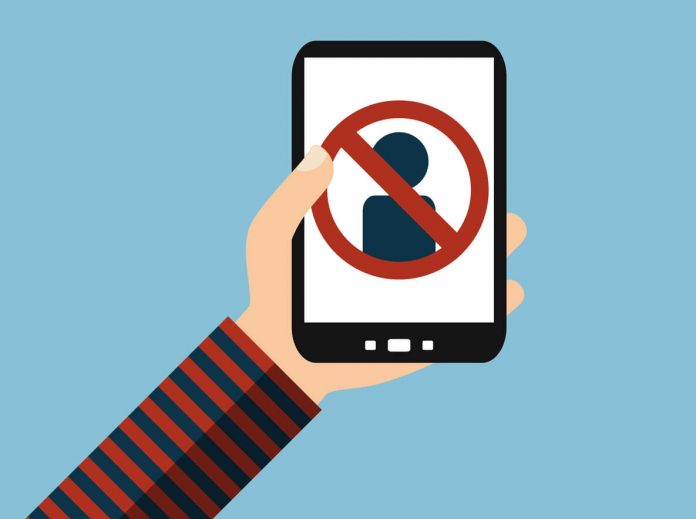Fake trials are yet another scam fraudsters often pull off. These trials are apparently innocuous. At first sight, they raise no suspicion. They look legitimate. Scammers promote them through regular marketing channels or strategies. Therefore, joining them via social media is nothing out of the ordinary. Also, some fake trials even have websites for this purpose. Hence, they further boost people’s confidence.
In terms of products or services, there is no stereotype. However, some markets seem to prevail in fake trials. CBD products are one example. This doesn’t mean all CBD trials are fake. But there has been a higher number of fraudulent trials in this niche.
Are you wondering how to avoid fake trials? There are a few basic rules. Some of them come from the Better Business Bureau (BBB). In general, the key to avoiding fake trials is always caution. Cautious makes you more focused and skeptical. And this allows you to spot red flags. So, here are the main BBB warnings on how to avoid fake trials.
Read the Sign-Up Forms Thoroughly
Avoiding a scam often comes down to reading what you sign. The problem is patience. Many people are in a rush these days. So, no one takes time to read an offer thoroughly. Similarly, very few people read terms and conditions. Well, one way to avoid fake trials is doing this.
If the T&C page is lengthy, skim the text. Mainly, look for cancellation clauses. Why is this relevant? Because of how these scams work. Here is a quick example of a fake CBD trial:
1) A company advertises the trial on social media
2) People click on the ad featuring the trial
3) They are automatically directed to a sign-up page
4) Here, they provide their personal information and enroll
5) They realize the fake trial is not free because the company charged them
6) They turn back to the website, which says the company only charges for shipping
7) Another month passes, and the company offering the trial makes another charge
8) The person tries to cancel their subscription but fails
9) The victim unsuccessfully tries to contact customer support
10) They finally realize they fell for a scam
The bottom line is to pay attention to what you enroll in. Many fake trials don’t have a cancellation policy. Moreover, another red flag is the payment information. If the trial is free, shipping should be included.
Therefore, be wary if you’re asked to provide your banking data for an allegedly free trial. Moreover, to avoid the risks, use a separate account. Generally, when shopping online, you shouldn’t use your debit account. This enables criminals to access all your funds. Use a credit card. If you have one with a low balance, it’s perfect. Never register on a website your savings account. And always read the sign-up form twice.
Do Your Research Before Subscribing
A lot of scams are easy to avoid with a bit of research. And with so much information available online these days, it’s easier than ever to do this. If a trial is a scam, someone might have written about it. So. Before joining, look for more insights. Type the name of the trial followed by the word ‘scam’ on search engines.
If this is a known scam, surely many victims spoke up. You just have to take time to read their stories. Also, even if the trial is legitimate, reviews are helpful. They enable you to understand the trial’s actual value.
Furthermore, do some research on the company’s website. Look for their privacy policy and terms and conditions pages. A trusted company always has these sections on its website. Also, check the website’s security methods. A safe website’s URL address starts with ‘https://’. This means the website is secure. Hence, you can safely register your personal and bank card information there.
More so, look for contact options. A single email address as a contact method is a bit shady for a free trial. Reputable companies offer different support channels.
To further explore the company. Look for its registration information. For how long has it been in business? Where are its offices? Also, look for its accreditation. For example, the BBB recommends companies that follow the BBB Accreditation Standards.
Conclusion
Do your research before enrolling in a free trial. Also, be careful when you sign-up. Carefully read the entire sign-up form. Look for the cancellation policy too. And pay extra attention to boxes checked by default. These might not be very visible. However, they can entitle the company to charge money for their service. Also, check the trial’s calendar. A legitimate trial has a fixed period. Make sure you’re aware of it. Otherwise, the company might continue including you in the trial even after the end date. Finally, never sign up if you don’t fully understand the trial’s terms and conditions.
This is a guest post by, Bastion Balance Wealth Management Firm.


































